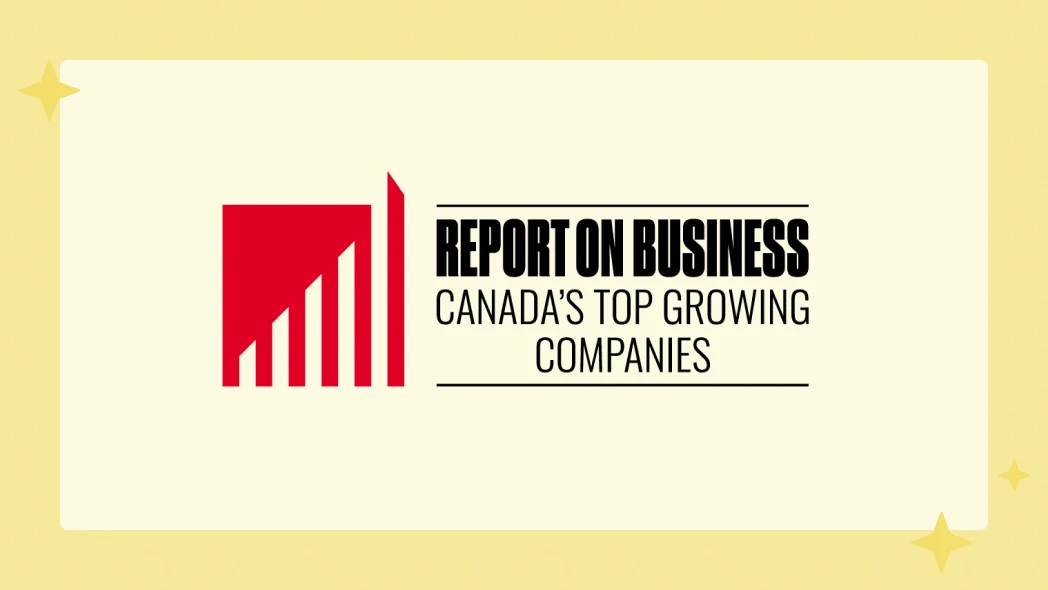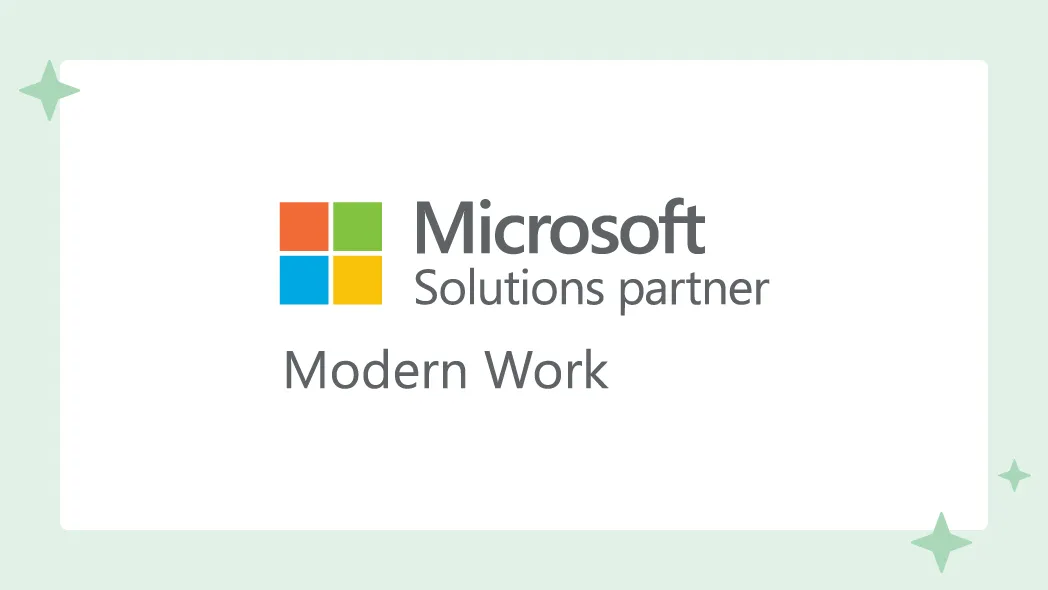ENTERPRISE & CLOUD PLATFORMS
Build a Secure and Scalable Data Architecture



What is Data Architecture & Governance?
In our data-driven world, establishing a solid data architecture provides the foundation for businesses to manage, store, and access data while data governance ensures that said data is accurate, compliant, and secure— all of which is critical to competing long-term in today's modern, digital-first landscape.
Creating scalable data architecture and governance frameworks can empower your business to securely manage your data, protect sensitive information, maintain compliance, and drive better data-driven decision-making. Without a structured data architecture and governance framework, your business could face significant risks including data breaches.
Discover robust data architecture and governance solutions that can help your business reduce risk, enhance decision-making, and maintain regulation compliance.



Benefits of Data Architecture & Governance
By structuring information and securing data effectively, organizations can minimize risks, ensure compliance, and make smarter, data-backed decisions that drive sustainable growth.

Critical Asset Security
By implementing role-based access controls, encryption, and auditing protocols, organizations can protect sensitive information, maintain trust, and significantly reduce the risk of data breaches. A comprehensive data architecture and governance strategy can lower the likelihood of data breaches by up to 70%, ensuring that critical assets remain secure and accessible only to authorized personnel.
Strategic Agility & Adaptability
A well-structured data governance framework ensures that everyone within an organization has access to accurate and high-quality data. With high quality data, teams are able to make faster, more informed decisions using available insights. With real-time data availability, companies can quickly respond to changes in the market, adjust operations, and optimize resource allocation—driving greater efficiency and strategic agility.


Compliance Standardization
A strong data governance strategy helps organizations meet complex regulatory requirements, reducing the risk of costly non-compliance penalties. Clear policies and procedures for data management ensure that companies remain compliant with industry standards, protecting sensitive data and fostering transparency in their operations. This not only mitigates risk but also enhances the organization's reputation for maintaining best practices.



What Tools Do We Use?
Our data architecture and governance solutions provide the structure and security needed to manage your data effectively. These tools ensure that your organization’s data is stored, organized, and accessed in a way that promotes compliance, security, and operational efficiency.

Microsoft Azure
Microsoft Azure offers a robust infrastructure for managing and storing large volumes of data across distributed environments. With scalable cloud architecture, businesses can organize and process data efficiently while maintaining high levels of performance. With security features including encryption and access controls, Microsoft Azure ensures that your data is secure and compliant enough to effectively support your strategic business growth.

Microsoft Purview
Microsoft Purview is a comprehensive data governance solution that helps organizations discover, classify, and manage their data assets across on-premises, multi-cloud, and software-as-a-service (SaaS) environments. By providing visibility into how data is being used, stored, and shared, Microsoft Purview streamlines data governance practices, simplifies reporting, and ensures that businesses stay compliant with evolving data privacy regulations.



Use Cases



Ready to Scale Your Data Architecture?
A well-defined and strategic data architecture and governance framework empowers businesses to unlock the full potential of their data—driving better decision-making, safeguarding sensitive information, and ensuring compliance with industry standards.
At Punchcard Systems, our approach begins with a comprehensive assessment of your existing data infrastructure to help identify any gaps or areas for enhancement. We work collaboratively with your team to design a scalable data architecture and implement governance policies tailored to meet your organization’s unique needs.
Are you ready to scale your data architecture and governance framework? Book a consultation with us to discover how we can provide you with accurate, secure, and compliant data management while ensuring your framework can adapt, grow, and evolve alongside your business.


FAQs
What is data governance?
Data governance is the set of policies, procedures, and standards that ensure the quality, security, and accessibility of data within an organization. It helps businesses manage data effectively while reducing risks associated with poor data quality or breaches.
How does data architecture support business operations?
A well-designed data architecture serves as the foundation for efficient data storage, processing, and retrieval. It ensures that your business has the structure in place to manage data securely and efficiently—allowing for better decision-making and resource management.
What are the benefits of a centralized data architecture?
Centralized data architecture reduces data duplication, improves data quality, and simplifies management processes. For example, businesses can access all their critical data from a single location which helps reduce complexity and improves data accuracy.
How can we ensure compliance with data regulations?
Implementing a comprehensive data governance framework aligned with industry regulations helps ensure compliance with data privacy and security standards. This also helps with reducing risks associated with non-compliance fines or breaches.
What industries benefit the most from data governance?
Industries that handle large volumes of sensitive data, such as healthcare, finance, and oil and gas, benefit significantly from robust data governance practices. These practices ensure that their data remains secure, accessible, and compliant with industry regulations.








